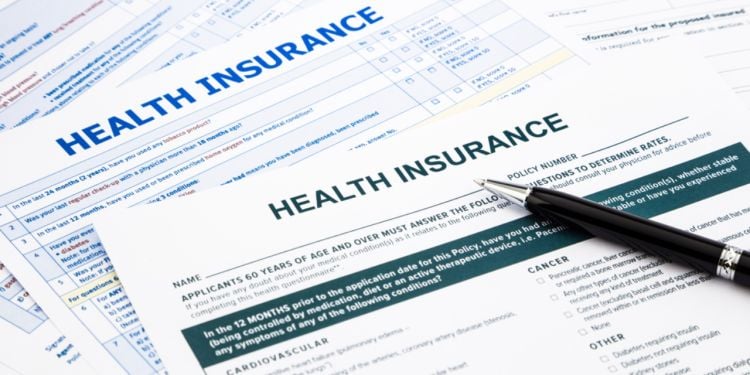
Singapore boasts of a world-class healthcare system that was even reviewed as a model by Obama's administration. The World Health Organisation (WHO) ranks the country's healthcare system as the best in Asia, ahead of Japan and Hong Kong.
Public or private healthcare in Singapore
Many expats might not give much thought to the difference between private and public healthcare systems in Singapore. Most often, employers will provide their employees with private health insurance, but what a lot of people do not realize is that even with medical insurance in place in the Lion City, they may not have full access to all the facilities the country has to offer.
Let's dig deeper into the differences between public and private healthcare in the country.
Public healthcare facilities are designed to primarily provide subsidized healthcare services to locals. Government hospitals offer inpatient services, and a myriad of polyclinics offer outpatient services. These government hospitals are operated as private limited companies, and they can easily compete with private hospitals in terms of quality and service.
Aside from providing superb healthcare services to the masses, government hospitals also handle the most complicated cases referred by other institutions and even neighboring countries. Most long-term trends in the healthcare system are largely influenced by government hospitals. They also introduce high-tech and high-cost medicine and set the benchmark for various other things. The majority of the public hospitals in Singapore are JCI-accredited.
On the other hand, private healthcare facilities in the country are just as good as any private hospital in first-world countries. Moreover, private hospitals generally offer shorter waiting times, better services, and a plethora of modern amenities that result in a more comfortable stay. Most expats living in the country, as well as medical tourists from abroad, prefer to go to private healthcare facilities.
Healthcare coverage in Singapore
Government health insurance
Singaporeans and permanent residents are entitled to subsidized healthcare services through government healthcare facilities. The subsidy amount can range from 50% to 80%, depending on several factors. CPF, or Central Providence Fund, is a compulsory savings scheme that can also be used to co-pay the balance of medical bills. CPF contributions vary depending on factors such as income and age.
CPF, however, is not redistributive, and the specific amount contributed can only be used for your own or your dependent's use. It cannot be used to subsidize another person who may earn less than you do. A fraction of CPF contributions go towards different medical insurance schemes such as Medifund, Medishield, Medisave, and Eldershield.
Private health insurance
Foreigners who work in the country are exempted from CPF contributions, but the disadvantage of this is that foreigners do not have access to the many government-subsidized health insurance schemes. Foreigners should consider the various health insurance options offered to safeguard themselves and their families from critical illnesses.
Singapore's health insurance system
For huge expenses, locals can access their Medishield Life, which is basic health insurance that citizens, as well as permanent residents, can use to pay for costly outpatient treatments and large hospital bills. People who would like to top up their existing Medishield Life plans can do so by purchasing the Private Integrated Shield Plans. These plans are managed and designed by private health insurance companies such as NTUC, Aviva, AXA, Raffles Health, Prudential, and Great Eastern.
On the other hand, there is also the Medisave, which is a mandatory savings plan that amounts to about 7% to 9.5% of a person's wages. Locals can use their Medisave account for different types of routine care.
Expats and foreigners who are not permanent residents are not eligible for any help from the government when it comes to healthcare, and this drastically increases healthcare costs. A visit to a private GP can cost as much as $200 as opposed to $40.
Private health insurance is imperative for expats to offset medical costs in case more serious and expensive care is necessary. A comprehensive health insurance plan can fill in the gaps. There are hundreds of options available in the Lion City today. A few types of health insurance necessary in Singapore are dental check-ups, outpatient coverage, hospitalization, and maternity coverage.
Paying for exorbitant hospital fees out of pocket can add distress to health problems. By covering yourself with good medical insurance, you will have peace of mind knowing that you are covered if you are ever faced with a health crisis. Most private health insurance companies in Singapore provide two types of coverage: local and global. Local coverage means you are covered during your stay in Singapore. On the other hand, global coverage means you are covered in most places around the world, although a few might be excluded. Some of the companies that offer both local and global coverage are Aviva, MSIG, AXA, and Liberty.
We do our best to provide accurate and up to date information. However, if you have noticed any inaccuracies in this article, please let us know in the comments section below.












Comments